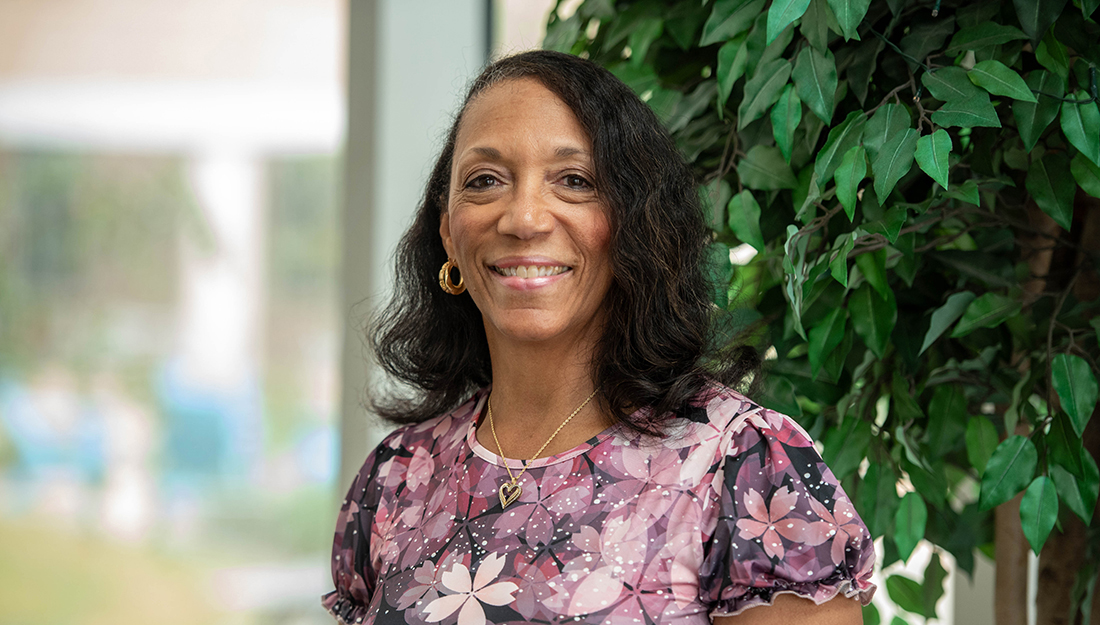- Christina Sumners
- Medicine, Nursing, Public Health, Show on VR homepage
Interdisciplinary team receives federal HRSA funding
HRSA planning grant allows team to work with communities, conducting needs assessments for future interventions targeting the opioid crisis

Opioid medication
The Health Resources and Services Administration‘s (HRSA) Federal Office of Rural Health Policy awarded $24 million for the second round of Rural Communities Opioid Response Program (RCORP) planning grants.
Recipients in 40 states are each receiving $200,000 for one year to formalize partnerships with local stakeholders, conduct needs assessments and develop plans to implement and sustain opioid use disorder prevention, treatment and recovery interventions in rural communities.
Jane Bolin, JD, PhD, and an interdisciplinary Texas A&M University Health Science Center team of researchers were awarded one of the grants to conduct an in-depth needs assessment in the Gulf Bend Region of Texas.
Bolin, also associate dean of research for the Texas A&M College of Nursing and director of the Southwest Rural Health Research Center; Alva O. Ferdinand, DrPH, JD, assistant professor at the Texas A&M School of Public Health and deputy director of the Southwest Rural Health Research Center; Cindy Weston, DNP, RN, CCRN, CNS-CC, FNP-BC, associate dean for clinical and outreach affairs and assistant professor; and Nancy Downing, PhD, RN, SANE-A, will serve as co-principal investigators on the effort.
The opioid crisis—so called due to the spike in deaths caused by misuse of prescription opioids and their street drug counterpart, heroin—is impacting communities across the country. It is rising faster in non-metropolitan areas, which now have higher death rates (17.0 per 100,000 in 2015) than metropolitan areas do (16.2 per 100,000 in 2015).
Overall, from 1999 until 2015, more than 183,000 people in the United States died from prescription opioid-related overdoses. Notably, since 1999, opioid-related overdoses have quadrupled, according to the Centers for Disease Control and Prevention (CDC).
They will be working with community leaders and stakeholders to assess needs and options for opioid use disorder prevention and treatment in rural counties in the Texas Gulf Bend region. This area includes Jackson, Lavaca, DeWitt, Goliad, Karnes and Calhoun counties. In addition, the study area includes Victoria County, a designated health professional shortage area (HPSA) for lack of mental health care providers.
Specifically, the team will be trying to understand the scope of opioid use disorder in the region, especially its impact on children. They will also analyze the existing prevention, treatment and recovery resources in the area and create a plan to improve access to services and care. This may include suggestions that range from recruiting additional health care providers to providing services using telehealth.
An interdisciplinary team is needed to approach this sort of study, and this team brings specialized skills to the table. The other members of the team include:
- Regina Bentley, EdD, MSN, RN, vice chancellor for health services at Texas A&M and Project ECHO coordinator for the Health Science Center.
- Nancy Downing, PhD, RN, SANE-A, CP-SANE, associate professor at the Texas A&M College of Nursing, will be the forensic nurse specialist on the project and will lead focus groups with forensic health care providers and child protective services.
- Alva Ferdinand, DrPH, JD, assistant professor at the Texas A&M School of Public Health and deputy director of the Southwest Rural Health Research Center, will provide expertise in planning, evaluation and policy implications.
- Jodie Gary, RN, MSN, PhD, assistant professor at the Texas A&M College of Nursing, will lead focus groups with emergency medical technicians (EMTs) and law enforcement.
- Linda Kohleffel, LMSW, community health worker coordinator at the Coastal Bend Health Education Center, will serve as facilitator and coordinator in rural counties.
- Carly McCord, PhD, clinical research assistant professor in the Department of Psychiatry and director of Telebehavioral Health at the College of Medicine.
- Sidney Ontai, MD, MBA, medical director for the Texas A&M Coastal Bend Health Education Center, assistant professor at the Texas A&M College of Medicine and director of the residency program at DeTar Healthcare Systems Family Medicine in Victoria, Texas.
- Alison Pittman, RN, MSN, PhD, clinical assistant professor at the Texas A&M College of Nursing and a pediatric nurse, will lead focus groups with neonatal intensive care unit (NICU) staff and mother’s groups. Babies born to mothers who took opioids during pregnancy are at risk of neonatal opioid withdrawal syndrome, which can cause seizures and even cognitive impairment.
- Cheryl Pullium, DNP, APRN, ACNS-BC, clinical assistant professor at the Texas A&M College of Nursing, will lead focus groups with telehealth and Project ECHO stakeholders.
- Dale Rodriguez, community health worker, will coordinate residency focus groups.
- Cynthia Weston, DNP, RN, FNP-BC, assistant professor and associate dean for clinical and outreach affairs at the Texas A&M College of Nursing. She will be directing the family nurse practitioners and doctors of nursing practice (DNPs) on the project.
This project is supported by the Health Resources and Services Administration (HRSA) of the US Department of Health and Human Services (HHS) as part of an award totaling $200,000. The contents are those of the author and do not necessarily represent the official views of, nor an endorsement, by HRSA, HHS or the US Government.
Media contact: media@tamu.edu


